Fatherhood Lost: The Untold Story of Men and Abortion
When abortion is discussed, one voice is often left out entirely: the man’s. Many men are excluded from the decision to end a pregnancy, yet still carry the emotional weight. They’re forgotten, left to process the grief and trauma alone.
Our culture often tells men they don’t have a say in abortion—and certainly not a right to grieve it. But that silence doesn’t erase the pain.
How Men Process Pain Differently
Research shows that men and women often express emotional pain in different ways. While women may feel more freedom to process feelings openly, men are frequently taught that showing emotion is weakness—that shedding a tear undermines their masculinity. As a result, many men bottle up the grief abortion brings.
From a young age, many boys learn to equate emotion with weakness. So when faced with the loss of a child to abortion, men may feel ashamed or unsure of how to cope. They may feel embarrassed to admit how deeply it affects them, fearing that their grief won’t be taken seriously.
The Weight of Powerlessness
Men often feel a deep responsibility to protect and provide—for their partner and their child. Abortion can feel like a personal failure, a moment where they couldn’t fulfill that role. The result? Shame, regret, and isolation.
Many men are solution-oriented. But when faced with abortion—something irreversible—they may see the situation as “unfixable.” With no clear way forward, they suppress the pain instead. Over time, that internal grief can become too heavy to carry.
In many cases, abortion doesn’t just end a pregnancy—it can feel like it robs a man of fatherhood, and with it, a part of his identity.
The Consequences of Suppressed Grief
Suppressing deep grief can lead to anxiety, depression, anger, or substance abuse. For some men, alcohol or drugs become a way to numb the pain they’re not “allowed” to talk about. They may isolate themselves further, unable to share their experience with anyone—not even those closest to them.
The emotional aftermath of abortion for men is rarely addressed, and without support, many suffer in silence.
Fatherlessness and Emotional Detachment
When abortion is framed solely as a “woman’s issue,” men are removed from the picture—both emotionally and practically. This can discourage responsibility, contributing to cycles of fatherlessness and detachment from family life.
If a man is told he has no voice in the life or death of his child, he may begin to believe he holds no responsibility either. This not only breaks the bond between father and child—it chips away at the foundation of fatherhood itself.
We Must See Men Differently
It’s time for society to see men not just as bystanders or biological contributors, but as fathers—real people with real pain, grief, and love for their children. Their voices matter too.
By acknowledging that abortion impacts men as well as women, we can begin to build a culture that supports healing—for everyone involved.

